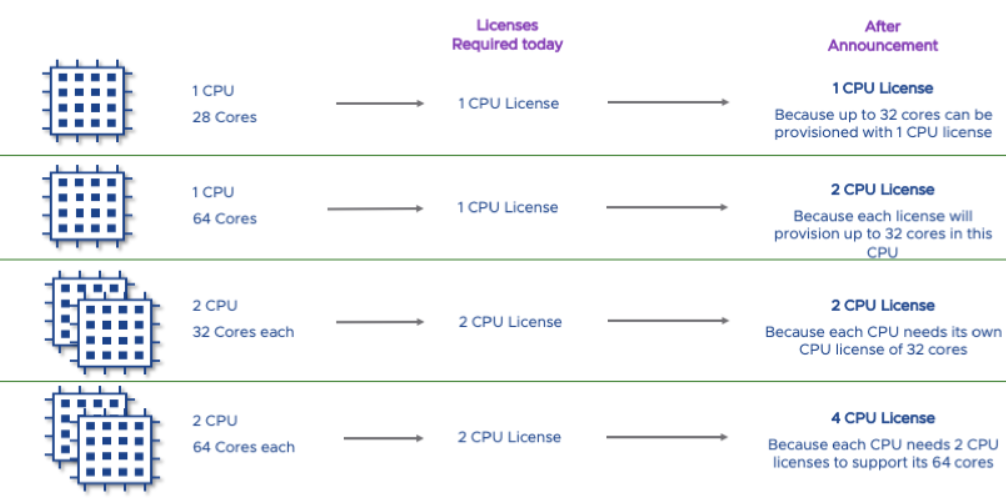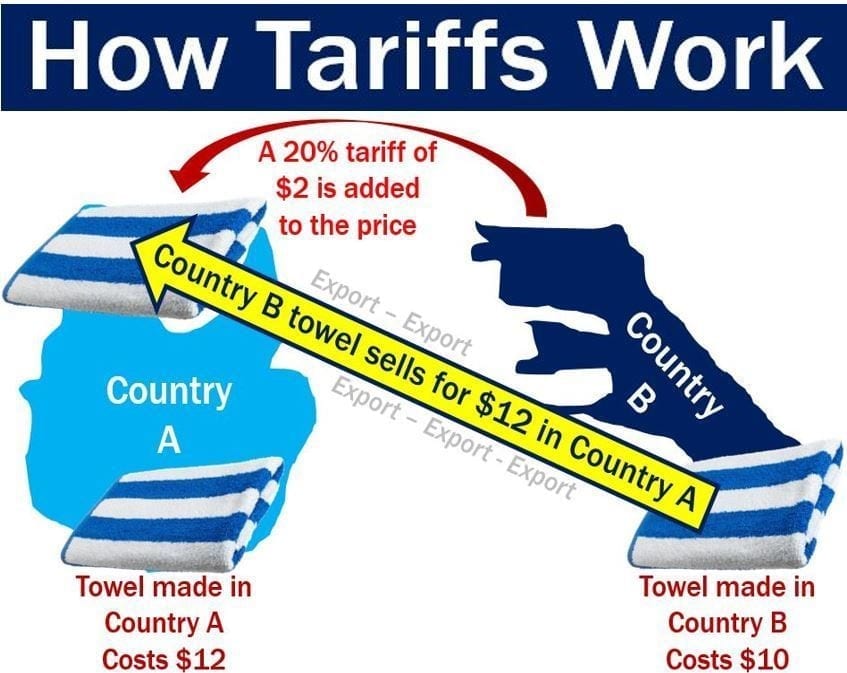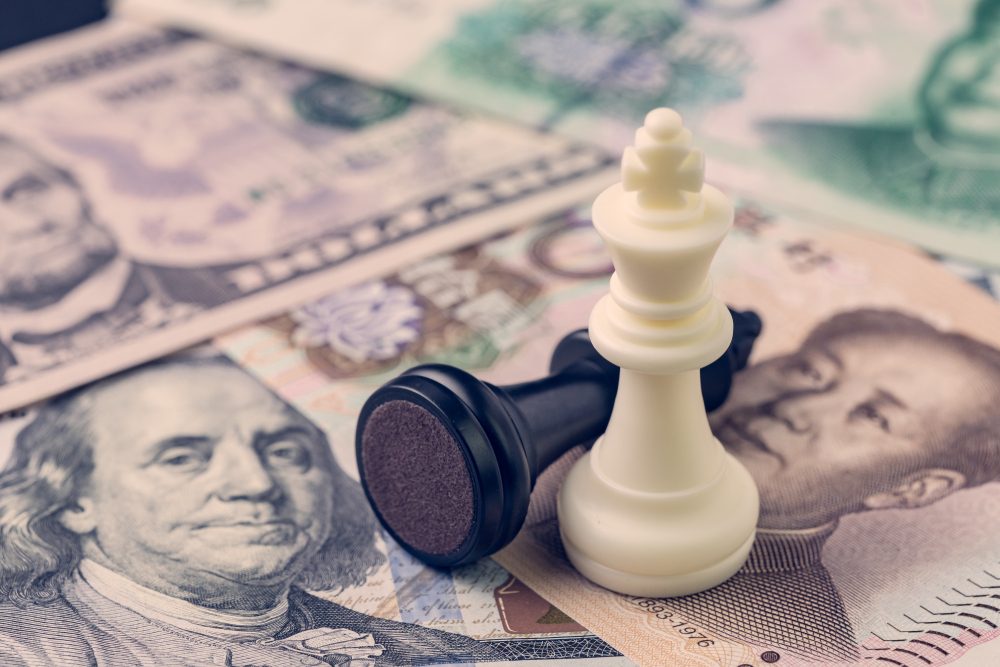Macron's Call To EU: Buy European, Not American

Table of Contents
The Rationale Behind Macron's "Buy European" Strategy
Macron's push for a "Buy European" approach stems from several crucial concerns regarding the EU's economic and geopolitical position. The core argument centers around achieving greater economic sovereignty and strategic autonomy. This means reducing reliance on external actors, particularly the US, for essential goods and technologies.
-
Reducing reliance on US technology and goods for national security and economic stability: The EU's dependence on American technology in critical sectors like defense and semiconductors presents vulnerabilities. A "Buy European" strategy aims to strengthen domestic capabilities and reduce this dependence.
-
Strengthening the EU's internal market and boosting competitiveness against global rivals: By prioritizing European products and services, the EU aims to stimulate its internal market, foster innovation, and enhance its competitiveness on the global stage against major players like China.
-
Mitigating the impact of inflation and supply chain disruptions caused by external factors: The recent global supply chain crisis highlighted the risks of over-reliance on external suppliers. A "Buy European" policy aims to build more resilient and diversified supply chains within the EU.
-
Counteracting the influence of US subsidies and protectionist measures: The US Inflation Reduction Act, with its substantial subsidies for domestic industries, has raised concerns in Europe about unfair competition. Macron's strategy is partly a response to these measures, aiming to level the playing field for European businesses.
Potential Benefits of a "Buy European" Approach
A successful "Buy European" strategy could yield numerous benefits for the EU:
-
Increased job creation within the EU: Shifting demand towards European products and services would stimulate domestic production, leading to new jobs across various sectors.
-
Stimulated economic growth through increased domestic demand: Increased internal consumption fueled by a preference for European goods can drive economic growth and prosperity within the EU.
-
Faster technological advancements driven by intra-EU collaboration: Focusing on internal collaboration could accelerate innovation and technological breakthroughs within the European Union.
-
Promotion of sustainable and environmentally friendly practices: A "Buy European" approach can prioritize European companies with strong environmental, social, and governance (ESG) credentials. This could lead to greener technologies and practices.
Specific industries poised to benefit include renewable energy, advanced manufacturing, and pharmaceuticals, all sectors crucial for the EU's future competitiveness and sustainable development.
Challenges and Criticisms of a "Buy European" Policy
While the "Buy European" approach offers potential advantages, it also faces significant challenges and criticisms:
-
Potential retaliation from the US and other trading partners, leading to trade wars: A more protectionist approach could provoke retaliatory measures from the US and other global partners, escalating into damaging trade wars.
-
Violation of World Trade Organization (WTO) rules: Certain aspects of a "Buy European" policy might violate WTO rules on fair trade and non-discrimination, potentially leading to legal challenges.
-
Market distortions and reduced consumer choice: Prioritizing European products could lead to market distortions, limiting consumer choice and potentially increasing prices due to reduced competition.
-
Potentially higher prices for consumers due to reduced competition: Restricting access to cheaper imports might increase prices for consumers, impacting purchasing power, particularly for lower-income households.
The potential economic repercussions and geopolitical implications of a poorly designed "Buy European" policy are considerable.
Finding a Balance: Strategic Partnerships vs. Protectionism
The key lies in finding a balance between promoting European interests and engaging in constructive international cooperation. While a degree of protectionism might be necessary in certain strategic sectors, a complete abandonment of free trade agreements and multilateralism would be detrimental to the EU's long-term economic prosperity. Strategic partnerships and targeted support for European industries, rather than outright protectionism, should be the focus. This nuanced approach would leverage the benefits of a "Buy European" strategy while mitigating its risks.
Conclusion
Macron's call for a "Buy European" strategy reflects a growing desire within the EU for greater economic independence and strategic autonomy. While this approach offers potential benefits like job creation and enhanced competitiveness, it also carries significant risks, including trade wars and higher prices for consumers. The path forward requires a carefully calibrated strategy that balances the need for economic resilience with the advantages of international cooperation and free trade. A nuanced approach, focusing on strategic partnerships and targeted support for key European industries, is crucial to avoid the pitfalls of excessive protectionism. What are your thoughts on Macron’s “Buy European” initiative? Share your views and learn more about the future of EU economic independence.

Featured Posts
-
 Peppa Pigs New Baby Sister The Meaning Behind Her Name
May 21, 2025
Peppa Pigs New Baby Sister The Meaning Behind Her Name
May 21, 2025 -
 Nederlandse Bankieren Vereenvoudigd Een Gids Voor Tikkie
May 21, 2025
Nederlandse Bankieren Vereenvoudigd Een Gids Voor Tikkie
May 21, 2025 -
 Innovatief Digitaal Platform Transferz Ontvangt Financiering Van Abn Amro
May 21, 2025
Innovatief Digitaal Platform Transferz Ontvangt Financiering Van Abn Amro
May 21, 2025 -
 Fastest Crossing Man Completes Record Breaking Australian Foot Journey
May 21, 2025
Fastest Crossing Man Completes Record Breaking Australian Foot Journey
May 21, 2025 -
 Confirmed John Lithgow And Jimmy Smits Back For Dexter Resurrection
May 21, 2025
Confirmed John Lithgow And Jimmy Smits Back For Dexter Resurrection
May 21, 2025
Latest Posts
-
 Canada Post Facing Bankruptcy Proposal To Eliminate Door To Door Mail Service
May 21, 2025
Canada Post Facing Bankruptcy Proposal To Eliminate Door To Door Mail Service
May 21, 2025 -
 Amazon Faces Quebec Labour Tribunal Over Warehouse Closures And Union Dispute
May 21, 2025
Amazon Faces Quebec Labour Tribunal Over Warehouse Closures And Union Dispute
May 21, 2025 -
 Broadcoms Extreme V Mware Price Increase At And T Details 1 050 Jump
May 21, 2025
Broadcoms Extreme V Mware Price Increase At And T Details 1 050 Jump
May 21, 2025 -
 Buy Canadian Beauty Products Tariff Impacts And The Future Of Local Businesses
May 21, 2025
Buy Canadian Beauty Products Tariff Impacts And The Future Of Local Businesses
May 21, 2025 -
 Global Trade Tensions An Fp Video Report On Tariff Volatility At Home And Abroad
May 21, 2025
Global Trade Tensions An Fp Video Report On Tariff Volatility At Home And Abroad
May 21, 2025
